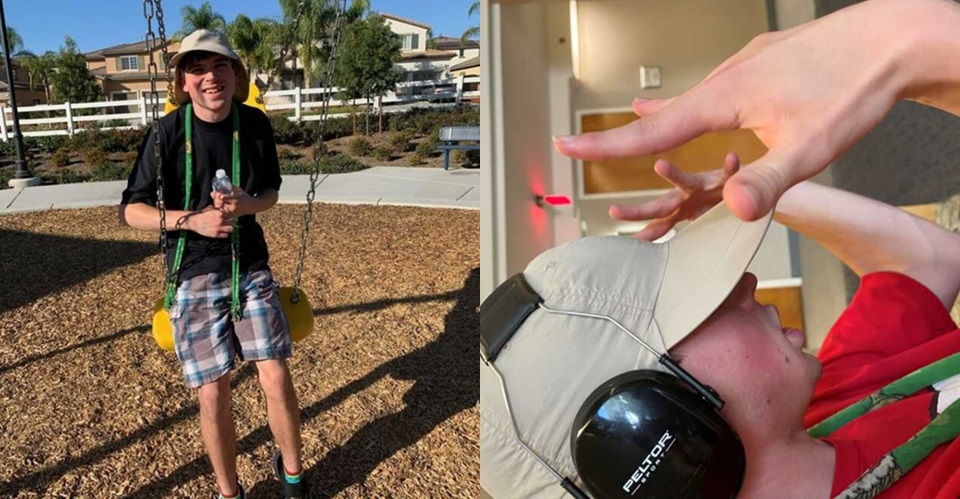Her miracle is simple in a world that chases miracles: keep showing up, keep loving hard, and let the small wins light the whole house. She didn’t know what autism was the day the doctor said the word. She had never met anyone with it, never read about it. But looking at her little boy, she only thought, “You’re amazing.” When he didn’t stack blocks and instead lined things up in neat rows, she called it quirky and smiled when he spun in happy circles while other kids copied songs. Specialists kept urging “more typical” skills; they checked boxes and set goals. She didn’t understand why he couldn’t do those things yet, but it didn’t change how she felt.
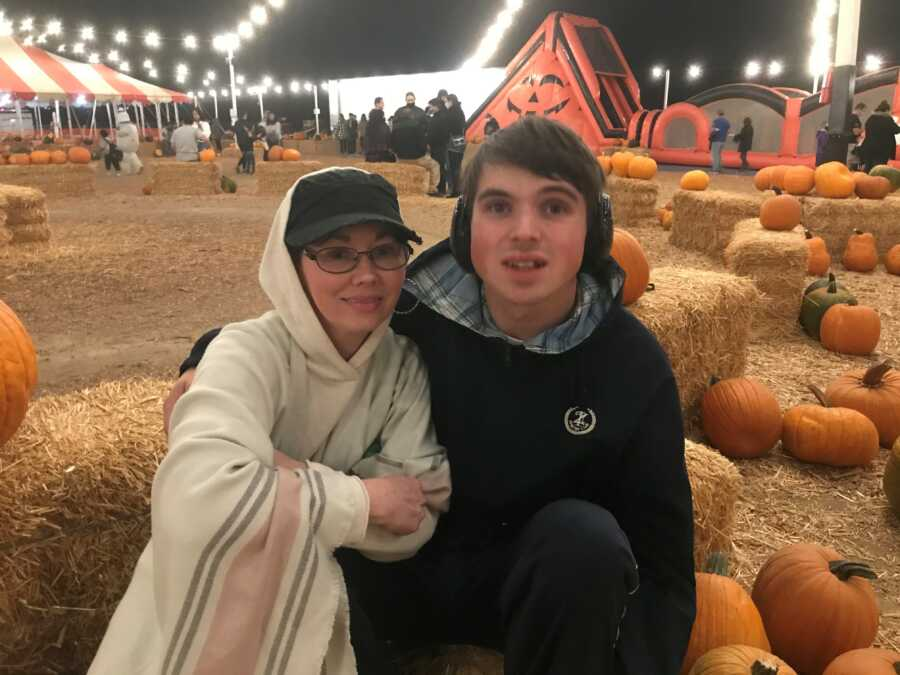
Then came the hard part, the hours-long screams, the sudden storms no one could predict. She couldn’t read what he needed. She didn’t know his frustration was a language without words. She wishes she had understood sooner. She is sorry for how hard it was. he also knows why the world rarely shows this kind of autism. It’s not a dramatic reveal or a big win in the final act. It is the same practice, the same skill, the same hope repeated again and again for months, sometimes years. It is not made for bright lights. But in their home, a pant leg pulled on the right way, a calm morning, a token earned, these are fireworks. The world may not clap, but she does, loud enough for both of them.
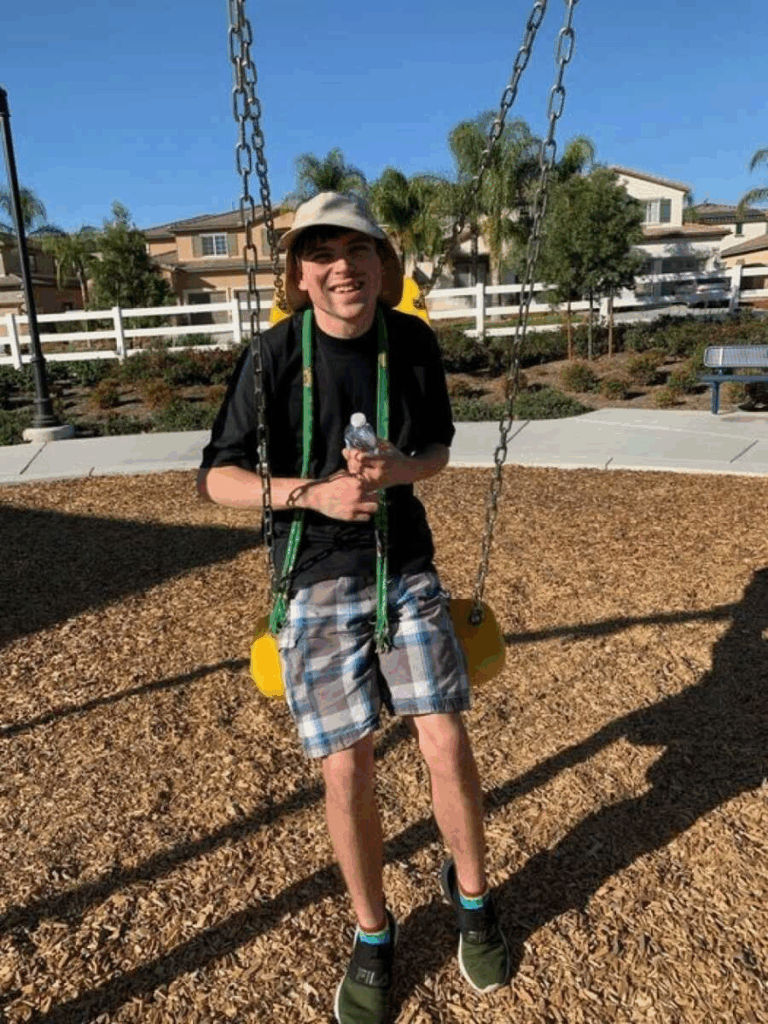
When he was a toddler, the experts told her he would never speak, never live independently, that the loving thing might be to give up and hand his care to others. She picked him up, held him close, and chose a different story. They were wrong. He speaks slowly, in pieces, in ways that make her hold her breath and wait. Intelligence lives in him like a bright room you enter through a stubborn door. The words are there; sometimes they take the long way out.
She asks people to imagine this: if someone you love had an accident and couldn’t walk, you wouldn’t leave them. You’d bring therapy, patience, and hope. That is what they do; only the skills were never there to lose, so they built them from the ground up. He hit some milestones and then suddenly stopped. She started reading, learning, and asking. Fifteen years later, there has not been a minute when she isn’t thinking about him or how to help. She will keep practicing shirts and socks, waiting for words, and clapping for quiet victories. His effort amazes her; he tries repeatedly and loves learning even when it is heavy. She feels lucky to see the world through his quiet innocence, where silence can say more than a speech.
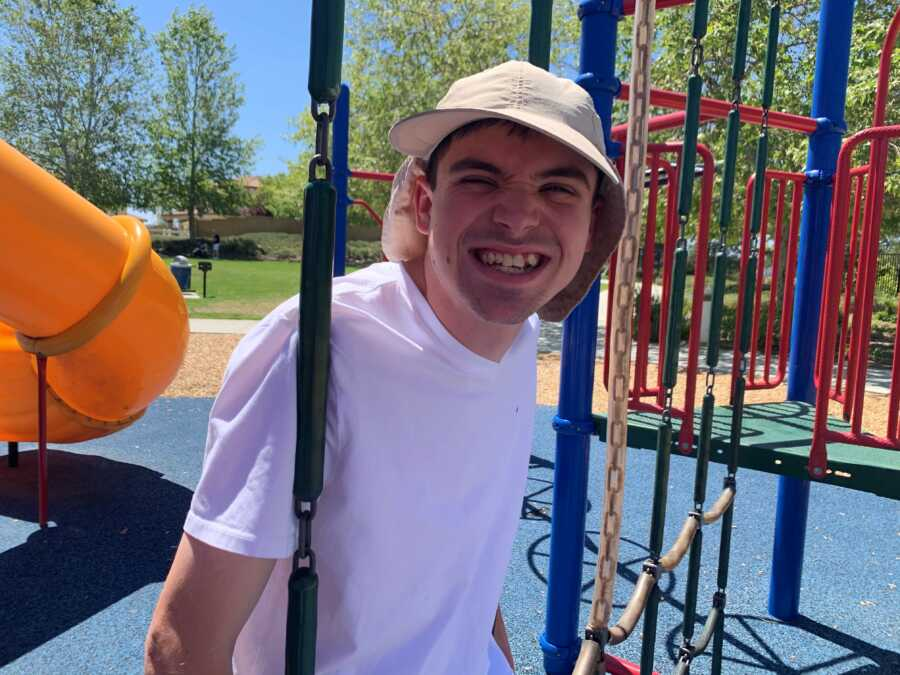
She would have laughed if you had told her she would start sharing their life in public, the hard, the honest, the very real. She is a wallflower. She skips mixers, fades into the corner, and avoids the spotlight. But she has learned to speak so that people who need this truth can find it. She doesn’t pretend to know everything, only what she has lived. On the worst days, when patience feels empty and sleep is thin, she wakes and finds his eyes on her. Somehow, there is more patience. They begin again.
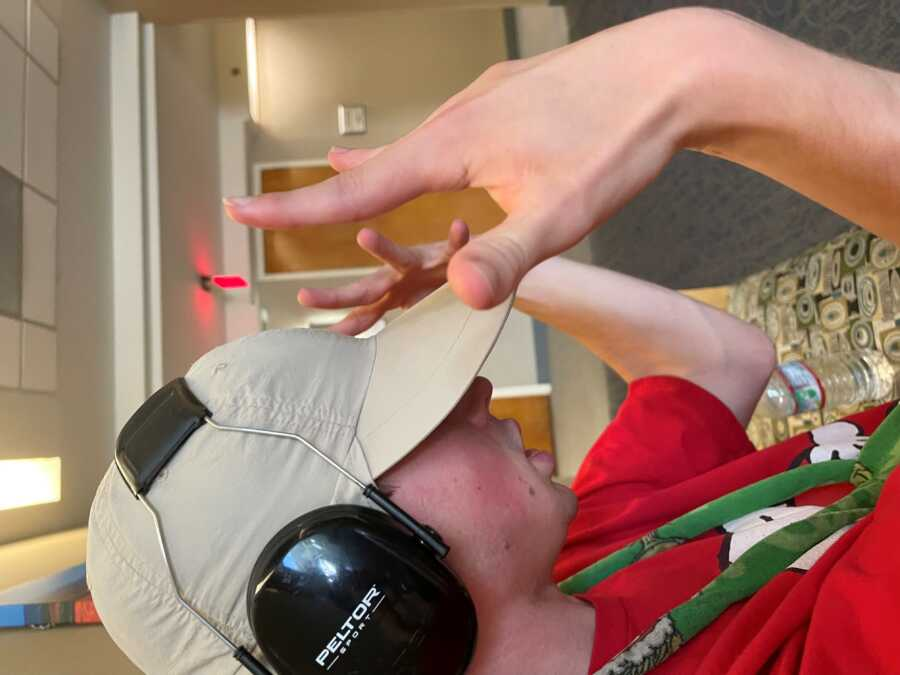
They chose long ago what they would give their son. Not fancy things. Time. Presence. Calm hands. Love they do not measure. Patience that resets each morning. No conditions. No scoreboard. Just a family, still together, still moving. People want the extraordinary. She has learned that ordinary can be holy. She has learned that progress can be a sock turned the right way, a word spoken after a long pause, a day without tears. She has learned that doctors can be wrong, and that a mother’s steady heart can be right for a lifetime. She has learned that doing the right thing, quietly, repeatedly, when no one is watching, changes everything.
